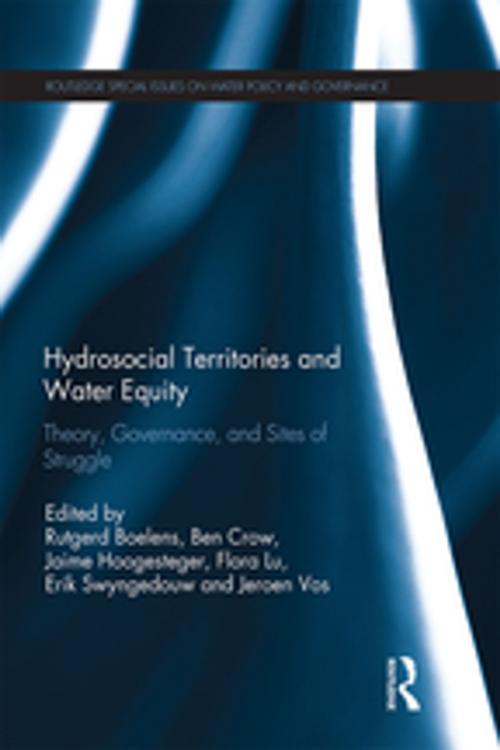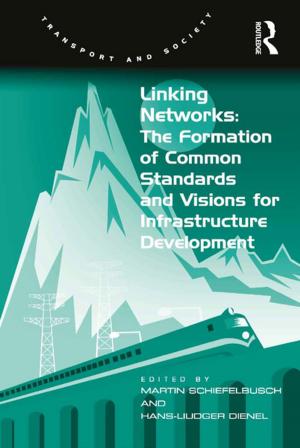Hydrosocial Territories and Water Equity
Theory, Governance, and Sites of Struggle
Nonfiction, Science & Nature, Nature, Environment, Natural Resources, Ecology| Author: | ISBN: | 9781351973649 | |
| Publisher: | Taylor and Francis | Publication: | June 1, 2017 |
| Imprint: | Routledge | Language: | English |
| Author: | |
| ISBN: | 9781351973649 |
| Publisher: | Taylor and Francis |
| Publication: | June 1, 2017 |
| Imprint: | Routledge |
| Language: | English |
Bringing together a multidisciplinary set of scholars and diverse case studies from across the globe, this book explores the management, governance, and understandings around water, a key element in the assemblage of hydrosocial territories. Hydrosocial territories are spatial configurations of people, institutions, water flows, hydraulic technology and the biophysical environment that revolve around the control of water. Territorial politics finds expression in encounters of diverse actors with divergent spatial and political–geographical interests; as a result, water (in)justice and (in)equity are embedded in these socio-ecological contexts. The territory-building projections and strategies compete, superimpose and align to strengthen specific water-control claims of various interests. As a result, actors continuously recompose the territory’s hydraulic grid, cultural reference frames, and political–economic relationships. Using a political ecology focus, the different contributions to this book explore territorial struggles, demonstrating that these contestations are not merely skirmishes over natural resources, but battles over meaning, norms, knowledge, identity, authority and discourses.
The articles in this book were originally published in the journal Water International.
Bringing together a multidisciplinary set of scholars and diverse case studies from across the globe, this book explores the management, governance, and understandings around water, a key element in the assemblage of hydrosocial territories. Hydrosocial territories are spatial configurations of people, institutions, water flows, hydraulic technology and the biophysical environment that revolve around the control of water. Territorial politics finds expression in encounters of diverse actors with divergent spatial and political–geographical interests; as a result, water (in)justice and (in)equity are embedded in these socio-ecological contexts. The territory-building projections and strategies compete, superimpose and align to strengthen specific water-control claims of various interests. As a result, actors continuously recompose the territory’s hydraulic grid, cultural reference frames, and political–economic relationships. Using a political ecology focus, the different contributions to this book explore territorial struggles, demonstrating that these contestations are not merely skirmishes over natural resources, but battles over meaning, norms, knowledge, identity, authority and discourses.
The articles in this book were originally published in the journal Water International.















